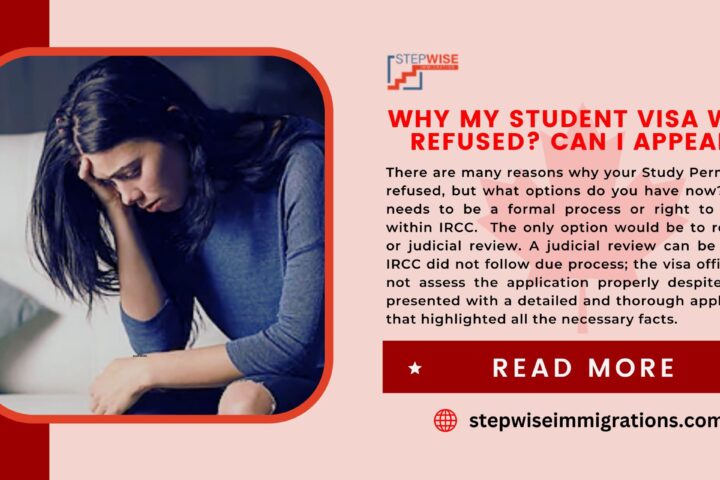Vacant properties (residential or commercial) can be more dangerous compared to occupied ones. Although most property owners expect that in case the property is in use, the insurance concerns are obligatory, the situation is the same. Empty Property Buildings insurance can be a critical way to ensure properties that sit empty are insured against potential risks of such property, and failing to organise it properly can prove to be a costly mistake.
What Is Buildings Insurance for Empty Property?
Buildings insurance for empty property offers cover to the physical structure of the building when it is not being used. This could be walls, roof, floors and permanent structures such as fitted kitchens and fitted bathrooms, as well as frequently outhouses or garages.
Normal property insurance policies are also usually not valid or have limited cover when a building is empty and not occupied within 30-60 days in a row. As it might reach a point where you would require a specialist unoccupied or dialectical property policy to make sure that you are safe.
Reasons why Vacant Houses are High Risk:
Empty buildings are more vulnerable to harm and an expensive accident due to a variety of risks they experience:
Vandalism and Theft: Buildings sitting vacant are ideal targets of break-in, copper theft, vandalism or squatters.
Arson: The properties that are abandoned are susceptible to arson.
Unseen Damage: A minor electrical problem or a leakage can get out of hand in no time unless there is someone who is around to detect and take the necessary action.
Weather Damages: Weather damages such as storms, frost or bursts of water pipes in winter can cause great damage to a property which is unmonitored.
With such risks, insurers will normally consider empty property as a high-risk asset, hence the need to have specialist cover.
What is the coverage of empty property buildings insurance?
Most policies may vary according to the provider, but these are some of the areas covered in them:
- Structural Damage: Insurance of cases like fire, flood, storm and vandalism is related to do with the physical nature of the building.
- Legal Liability of those who own the property: If a person gets hurt at your premises (or in an immediate vicinity, e.g. a roof tile collapses or a broken footpath), your legal liability and any possible compensation are covered.
- Damage caused by theft and break-ins: Most no-occupancy property policies provide limited or optional cover on theft (including forced entry damage).
- Malicious Damage and Arson: Protect against malicious destruction by trespassers or malicious vandals.
- Optional Legal Expenses (optional): Help with problems that could occur legally, like eviction or handling property issues with individuals.
When Do You Need It?.
Buildings insurance for empty property is required in situations mentioned below:
- You are waiting to sell or rent a house.
- You have one home as an inheritance to decide on what to do with the home.
- Refurbishments or renovation work are being undertaken.
- The old tenant has moved away, and the place is temporarily lying vacant.
- You reside outside or overseas and visit on a rare basis.
In each of these cases, inappropriate cover may result in a denied claim and a not-insignificant financial disaster.
Take Into Consideration:
Policy Restrictions: Most of the empty property policies have restrictions on usage, like weekly check-ups, leaving the heating on during cold seasons and locking all entrances.
Cover Level: There are policies which only provide Fire, Lightning, Explosion, Earthquake and Aircraft (FLEA) cover automatically. Data theft, water damage, and vandalism coverage could cost you an extra fee.
Cover Period: Insurance companies have a tendency to provide insurances that last only a period of time (3, 6 or 12 months), which may be extended when a property is not occupied.
Security Features: Be sure that the installation of alarms, CCTV cameras or other physical security ( e.g. shutters and grilles ) will help you to lower your premiums and elevate risk.
Conclusion:
Uninhabited buildings are a target, but it does not need to be uncovered. Empty property buildings insurance is the cover built to insulate against risks of vacancy. You might be a landlord with tenants between them, a homeowner with a property on the market, or a renovator, but leave your investment uncovered. The custom insurance policy may save you thousands of dollars – and solve the worries throughout the period when your army is empty.
For More Update and Stories Visit: The Europe Times












